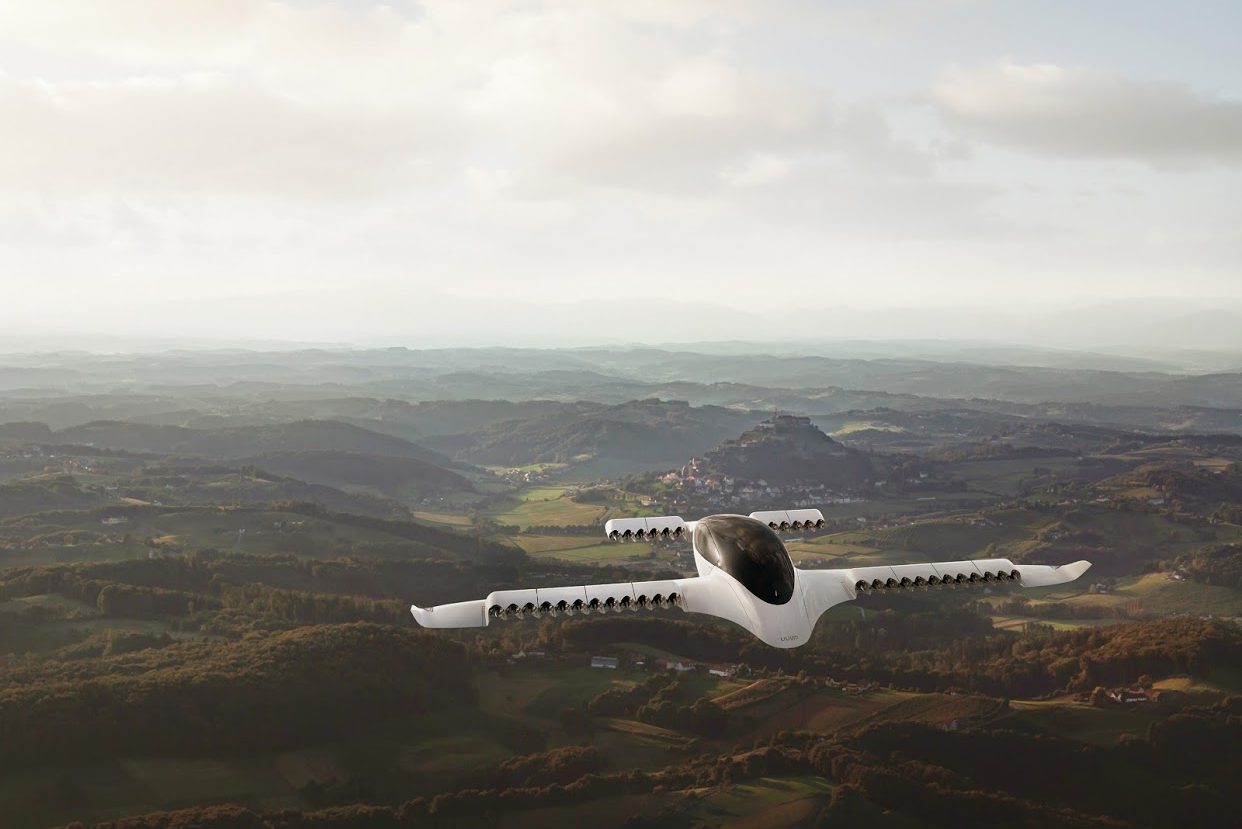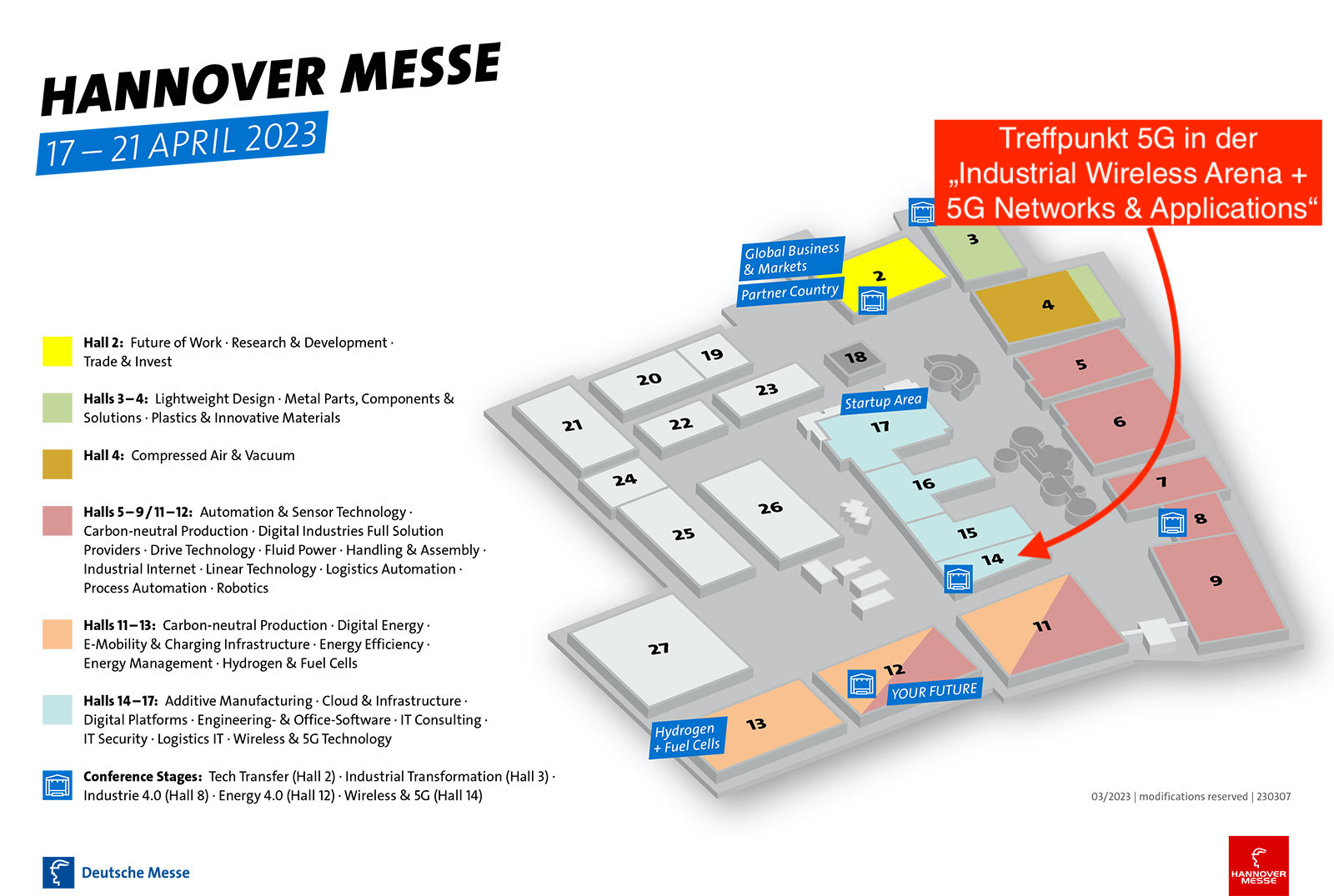Air traffic of the future: 5G could soon make air taxis like the Lilium jet suitable for mass flights. (Picture: Lilium)
Vodafone is cooperating with the Chinese technology group Ehang. With 5G, the two companies want to make air taxis operational in Germany and Europe – and they are not alone: Munich-based start-up Lilium also has a number of plans for air traffic.
Vodafone has signed an exclusive cooperation agreement with the Chinese autonomous aircraft company Ehang. The agreement stipulates that all EHang drones to be deployed in Europe in the future will be equipped with a SIM card from Vodafone.
The Chinese market is one example of how drone traffic has long since ceased to be a dream of the future: Ehang, together with DHL, is already delivering parcels there using drone technology. A study by Roland Berger also predicts that almost 100,000 passenger drones could be in service worldwide by 2050.
The basis for the final breakthrough of air taxis and delivery drones: 5G. Thanks to the fast transfer rates, the technology could in future not only regulate communication between the various flying objects, but also guarantee a landing accurate to the centimeter. According to Vodafone, the integrated SIM card will also enable commercial drones to be clearly identified and controlled in the future. It is also conceivable to integrate Internet and streaming services into passenger drones.
Air taxi production planned
But not only Vodafone has big plans in the urban air mobility market: As WirtschaftsWoche reports in an article (German), the Munich start-up Lilium has announced the construction of a new air taxi factory. Hundreds of Lilium planes are expected to leave the factory as early as 2025.
The prototype of the passenger car-sized flying taxi has already completed more than a hundred unmanned flight and ground tests and has recently even reached a record speed of 100 km/h. The prototype has been tested at the Lilium factory for more than a year. In future text flights, the maximum speed of 300 km/h is to be reached with the jet, the long-term goal being a fully automatic flight without pilots.
By then at the latest, 5G should also play a major role for Lilium – just like for over 70 other companies that are currently working worldwide on the flying objects of the future.








Leave A Comment